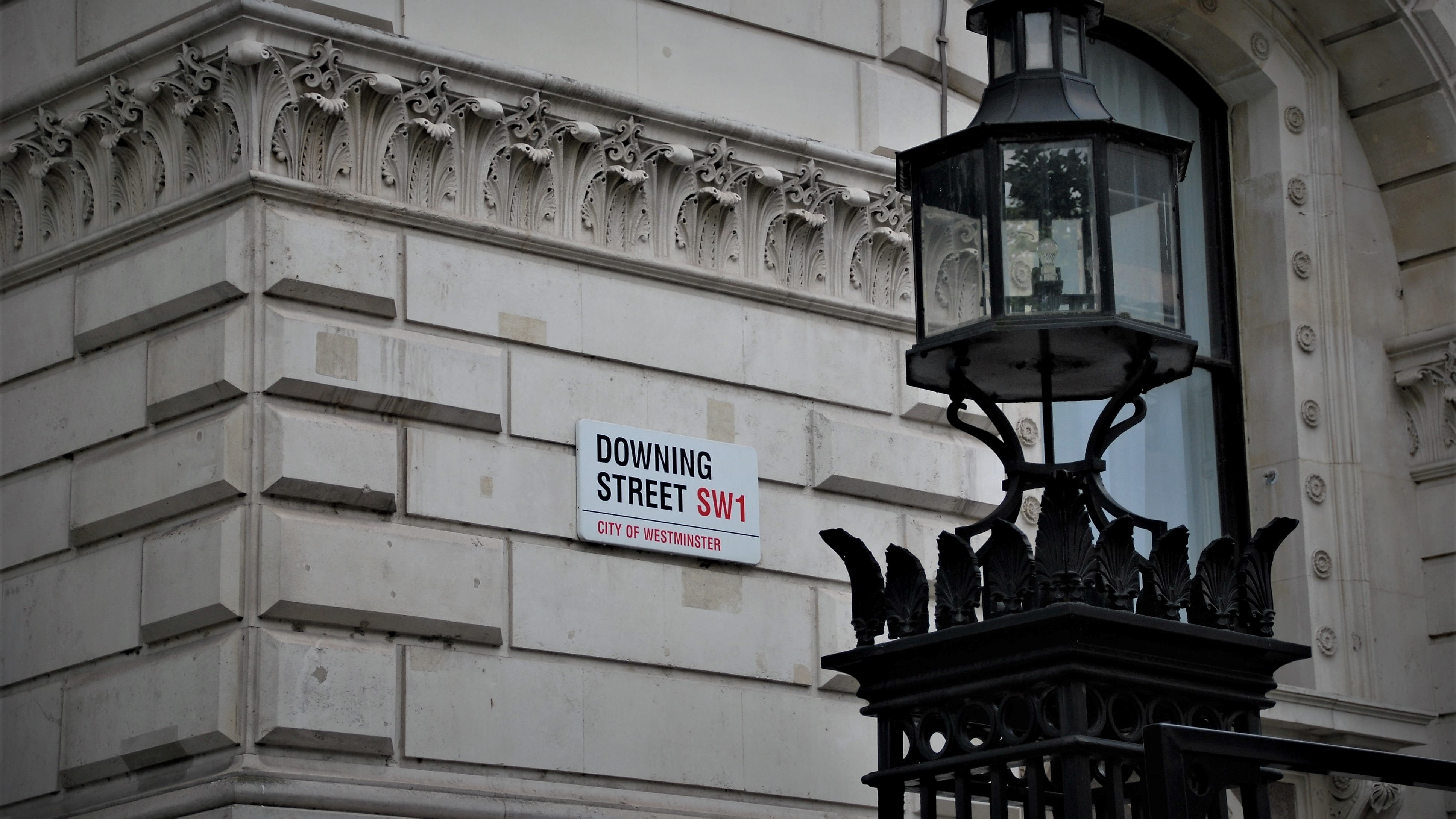
Restore trust in politics
Five ways in which the next Prime Minister can restore trust in politics
By Max Sugarman, Chair of the CIPR’s Public Affairs Group
As the Conservative Leadership Contest reaches its final few weeks, you would be forgiven for forgetting the reason the contest to find Britain’s new Prime Minister is even taking place.
After all, it’s not because of any major policy disagreement that Boris Johnson resigned in July, but instead because of concerns amongst Conservative MPs around his inability to get to grips with the various scandals surrounding his government. He resigned because his MPs felt he simply was not taking a proper approach to the required standards of public life, whether it was the Number 10 parties held under lockdown, his attempts to change the rules on second jobs following the Owen Patterson incident or his approach to claims of sexual harassment made against Chris Pincher.
What has been lacking in the Leadership Contest has been any serious discussion about the ethics and professionalism of those in politics, and how we can restore the growing levels of distrust that our political system is facing. And we should be concerned. Trust in our democratic institutions is now worryingly low – the Office for National Statistics recently found that only one-third (35%) of the UK population say they trust their national government, lower than the average across the OECD countries.
So what can we do to restore trust in UK politics? Here are five suggestions.
1. Restore and beef up the role of the Independent Advisor on Ministers’ Interests
The role of the independent ethics advisor has been vacant since Lord Geidt resigned in June. The second resignation within two years, his predecessor Lord Allan quit over allegations of bullying in the Home Office. The new resident of Number 10 should restore the role and give it teeth by allowing the advisor to start their own investigations and report their findings.
2. Reform the Lobbying Act to ensure all lobbying is regulated (part I)
At the moment the regulator Office for the Registrar of Consultant Lobbying (ORCL) only captures a section of lobbying activity in the UK. By reforming the 2017 Lobbying Act to ensure it includes in-house lobbyists and by removing the VAT exemption clause, the Government would avoid future incidences like the Greensill scandal, where loopholes have allowed lobbyists to avoid transparency rules.
3. Reform the Lobbying Act so that organisations must sign up to an industry recognised or statutory Code of Conduct (part II)
The 2017 Lobbying Act allows lobbying consultancies to have a Code of Conduct they can point to that sets out their principles and approach to lobbying. Yet, with ORCL allowing companies to create and be judged by their own codes, there is little external scrutiny. A reformed Lobbying Act should ensure companies are required to sign up to either an industry or statutory code, rather than relying on ‘fig leaf’ codes that allow organisations to be their own judge and jury.
4. Ensure departments publish their transparency data in a timely manner
Every quarter, each Government department is required to produce data on meetings with external organisations. Yet, as Transparency International recently revealed, many departments are late in publishing their returns, and many provide only basic information on what the meeting was about. The new Government should commit to frequent and more detailed information being published so all can see who ministers are meeting.
5. Commit to clear, truthful and evidence-based communications
Last, but very much not least, we need to look at comms. Growing dissatisfaction in politics has in a large part arisen due to the unprecedented amount of information the public now ingest, and the difficulties that come about from knowing if that information is correct or authentic. Many in the public arena have sought to create misunderstanding and confusion based on unverified or false evidence – a factor that has severely eroded public confidence. The new Prime Minister could turn the tide and make clear, evidence-based communications a key principle of their administration.
-----------------------------------
Are you signed up to the UK’s only free and open to all Lobbying Register? Go to
lobbying-register.uk to find out more and sign up.
The photo by Jordhan Madec